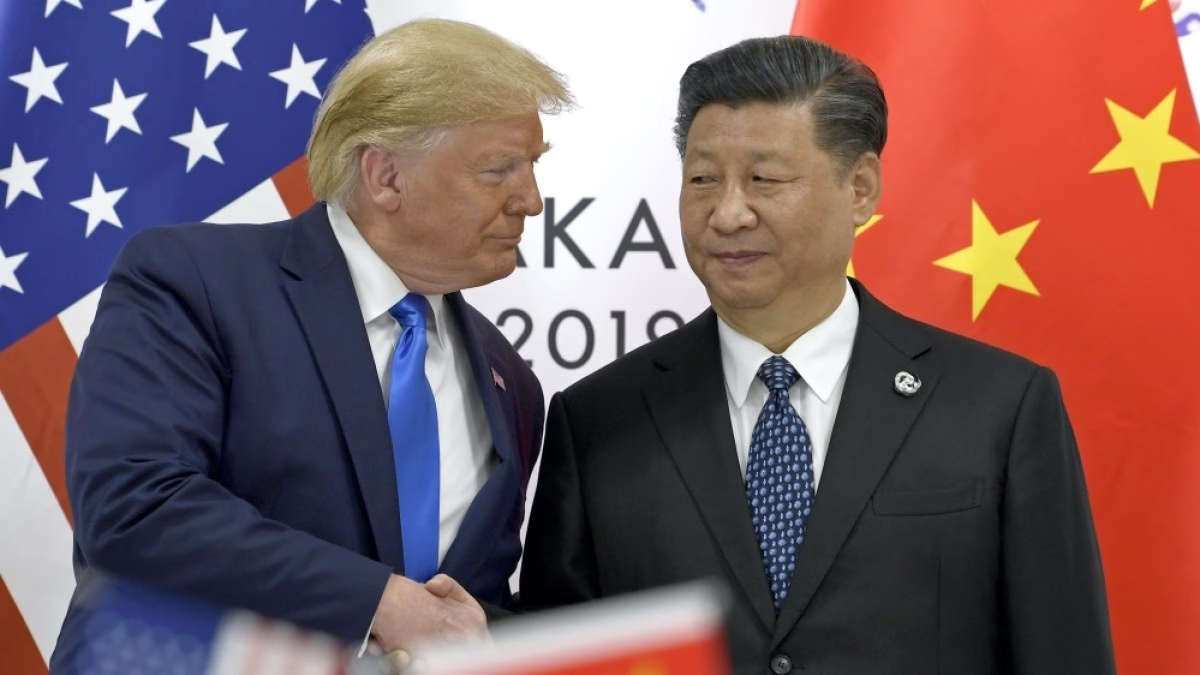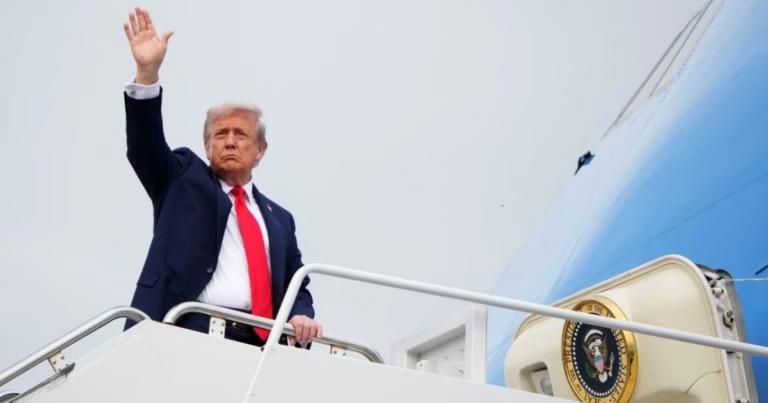US President Donald Trump has unveiled his anticipated “reciprocal” tariff plan, causing financial markets to plummet as fears of a global trade war intensify. On Wednesday, Trump announced a 10 percent “minimum baseline tariff” on almost all imports into the United States, with higher duties on targeted countries to follow shortly after.
Trump stated that these new import taxes aim to decrease trade deficits and bring foreign manufacturing back to American shores, while also paving the way for future tax cuts. His target on the global trading system, which he claims has exploited the US, has already triggered a backlash from America’s largest trading partners, with threats of countermeasures.
Trump announced a 10 percent tariff on all countries, set to take effect April 5, using the International Emergency Economic Powers Act of 1977. He also introduced “individualised” tariffs for countries with significant trade surpluses with the US or those that impose higher duties on US imports. These tariffs will come into effect on April 9.
The European Union is expected to face a 20 percent tariff, while the UK will have a 10 percent levy. China has been assigned 34 percent on top of the existing 20 percent tariffs already imposed by the Trump administration, Vietnam will face a 46 percent tariff, and Thailand a 36 percent tariff. Mexico and Canada were not on the list but already face 25 percent tariffs on all exports to the US not covered by the US-Mexico-Canada trade pact. Tariffs will not apply to certain goods, including copper, semiconductors, energy, and “specific minerals that are not available in the US.” Tariffs may also be negotiated with trading partners who take significant steps to resolve non-reciprocal trade arrangements.
Trump stated that the US has been “looted, pillaged, raped, and plundered” by foreign countries and declared that April 2, 2025, will be recognized as the day Americans reclaimed their destiny. Other countries, including China, Taiwan, and Australia, expressed their discontent with the new tariffs, with China vowing countermeasures to safeguard its interests. In response, Germany, France, and Britain also denounced the new tariffs. Canada has decided not to impose retaliatory tariffs but will fight against them. Most countries seem to prefer diplomacy and are in talks with the US to avoid or minimize the impact of the tariffs.
Recent market reactions to the new tariffs show a Dow Jones Industrial Average loss of 2.6 percent, with Germany’s DAX, CAC 40 in Paris, and Britain’s FTSE 100 falling as well. In Asian trading, Tokyo’s Nikkei 225 index dropped briefly by 4 percent. Investors are worried about the potential break in international supply chains and the possibility of inflation and recessions.
Source: https://www.aljazeera.com/news/2025/4/3/trumps-tariffs-which-countries-will-hit-back-and-which-likely-wont?traffic_source=rss







